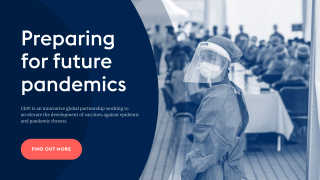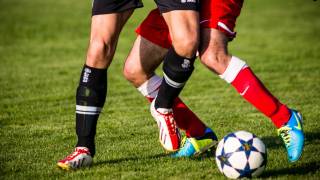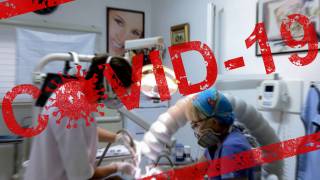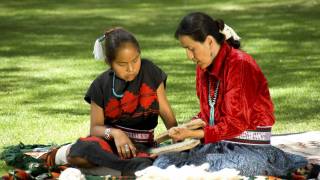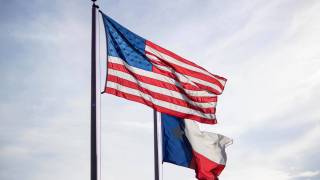Coronavirus Antibodies Can Persist for Months

‘More than 8 million people in the United States have now tested positive for COVID-19. For those who’ve recovered, many wonders if fending off SARS-CoV-2—the coronavirus that causes COVID-19—one time means their immune systems will protect them from reinfection,’ said Dr. Francis S. Collins’s weekly blog, which is excerpted in this article below.
‘And, if so, how long will this “acquired immunity” last?
The early data brought hope that acquired immunity was possible. But some subsequent studies have suggested that immune protection might be short-lived.
Though more research is needed, the results of two recent studies, published in the journal Science Immunology, support the early data and provide greater insight into the nature of the human immune response to this coronavirus.
The new findings show that people who survive a COVID-19 infection continue to produce protective antibodies against key parts of the virus for up to (4) months after developing their first symptoms.
In contrast, some other antibody types decline more quickly.
The findings offer hope that people infected with the virus will have some lasting antibody protection against re-infection, though for how long still remains to be determined.
In one of the two studies, researchers led by Richelle Charles, Massachusetts General Hospital, sought a more detailed understanding of antibody responses following infection with SARS-CoV-2.
To get a closer look, they enrolled 343 patients, most of whom had severe COVID-19 requiring hospitalization. They examined their antibody responses for up to 122 days after symptoms developed and compared them to antibodies in more than 1,500 blood samples collected before the pandemic began.
The researchers characterized the development of (3) types of antibodies in the blood samples.
The first type was immunoglobulin G (IgG), which has the potential to confer sustained immunity.
The second type was immunoglobulin A (IgA), which protects against infection on the body’s mucosal surfaces, such as those found in the respiratory and gastrointestinal tracts, and are found in high levels in tears, mucus, and other bodily secretions.
The third type is immunoglobulin M (IgM), which the body produces first when fighting an infection.
They found that all (3) types were present by about 12-days after infection.
The good news is that the longer-lasting IgG antibodies persisted in these same patients for up to 4-months, which is as long as the researchers were able to look.
Levels of those IgG antibodies also served as an indicator for the presence of protective antibodies capable of neutralizing SARS-CoV-2 in the lab. Even better, that ability didn’t decline in the 75-days after the onset of symptoms.
While a longer-term study is needed, the findings lend support to the evidence that protective antibody responses against the novel virus do persist.
Unlike tests for the virus itself, antibody tests provide a means to detect infections that occurred sometime in the past, including those that may have been asymptomatic.
Still, there are rare reports of individuals who survived a bout with COVID-19 and were infected with a different SARS-CoV-2 strain a few weeks later. The infrequency of such reports, however, suggests that acquired immunity after SARS-CoV-2 infection is generally protective.
There remain many open questions, and answering them will require conducting larger studies with a greater diversity of COVID-19 survivors. So, I’m pleased to note that the NIH’s National Cancer Institute (NCI) recently launched the NCI Serological Sciences Network for COVID19 (SeroNet), now the nation’s largest coordinated effort to characterize the immune response to COVID-19.
With help from this network and ongoing research around the world, a clearer picture will emerge of acquired immunity that will help to control future outbreaks of COVID-19, concluded Francis S. Collins, M.D., Ph.D., the 16th Director of the National Institutes of Health (NIH). In this role at the NIH, Dr. Collins oversees the work of the largest supporter of biomedical research in the world, spanning the spectrum from basic to clinical research.
CoronavirusToday publishes research-based pandemic news.
Our Trust Standards: Medical Advisory Committee





